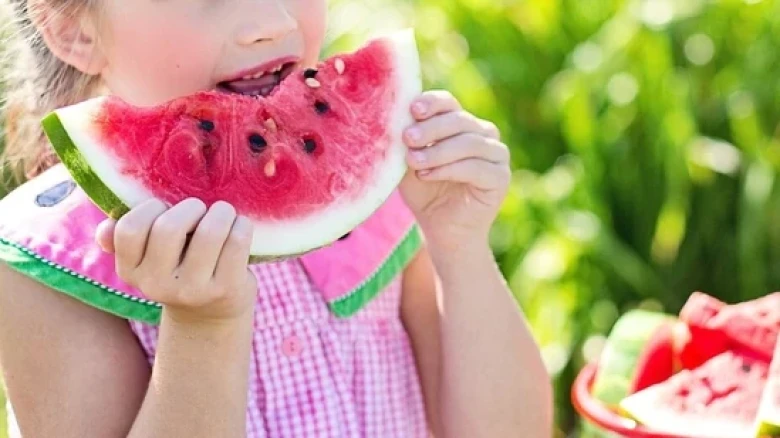Regional

Researchers discovered that both youngsters and adults preferred apples they thought were cultivated on farms to those they thought were developed in labs.
Digital Desk: Children assess meals
they believe to be natural as having higher levels of taste, safety, and desire
than foods they believe to be artificial, according to a study. Adults have a
well-documented preference for natural foods, according to researchers. The
most recent research discovered that this food bias is also present in early
and middle childhood.
When
provided with apples and orange juice and informed of their origins,
researchers at the Universities of Edinburgh and Yale evaluated the preferences
of more than 374 adults and children in the United States.
In one study, three apples were
displayed to 137 kids between the ages of six and ten. One was developed in a
lab, one was produced on a farm, and one was grown on a tree within a lab. It
was revealed to them.
The researchers evaluated the
children's preferences for apples in terms of perceived tastiness, perceived
safety, and desire to consume them using questionnaires and statistical models.
The same study that compared age groups also included adults.
Researchers discovered that both
youngsters and adults preferred apples they thought were cultivated on farms to
those they thought were developed in labs.
When asked why they preferred the farm
apple, kids were more likely to cite freshness, being outside, or sunlight as
factors. Naturalness was more frequently mentioned by adults.
In a second study, 64 adults and 85
children between the ages of five and seven were shown four different types of
orange juice: one that was said to be squeezed on a farm; one that had no
information about where it was made; one that had chemicals purportedly
removed; and one that had chemicals added.
Researchers discovered that the
assessment of the juice was significantly impacted by the information about how
natural it was. Based on perceptions of flavour, safety, and willingness to
consume, the participants tended to favour the more natural choice.
According to both studies, age had no
bearing on the results, with children as young as five and as old as ten
responding similarly.
The results, according to researchers,
point to a possible age of five or even younger for the establishment of the
perception that natural foods are beneficial.
Dr. Matti Wilks of the School of Philosophy,
Psychology, and Language Sciences at the University of Edinburgh said:
"Overall, our findings show that, at least in the United States, our
propensity for choosing natural foods begins early in life. The findings of
this study provide a first step in our knowledge of how these preferences
develop, including whether they are socially taught and what motivates our
propensity to favour natural objects. "
Leave A Comment